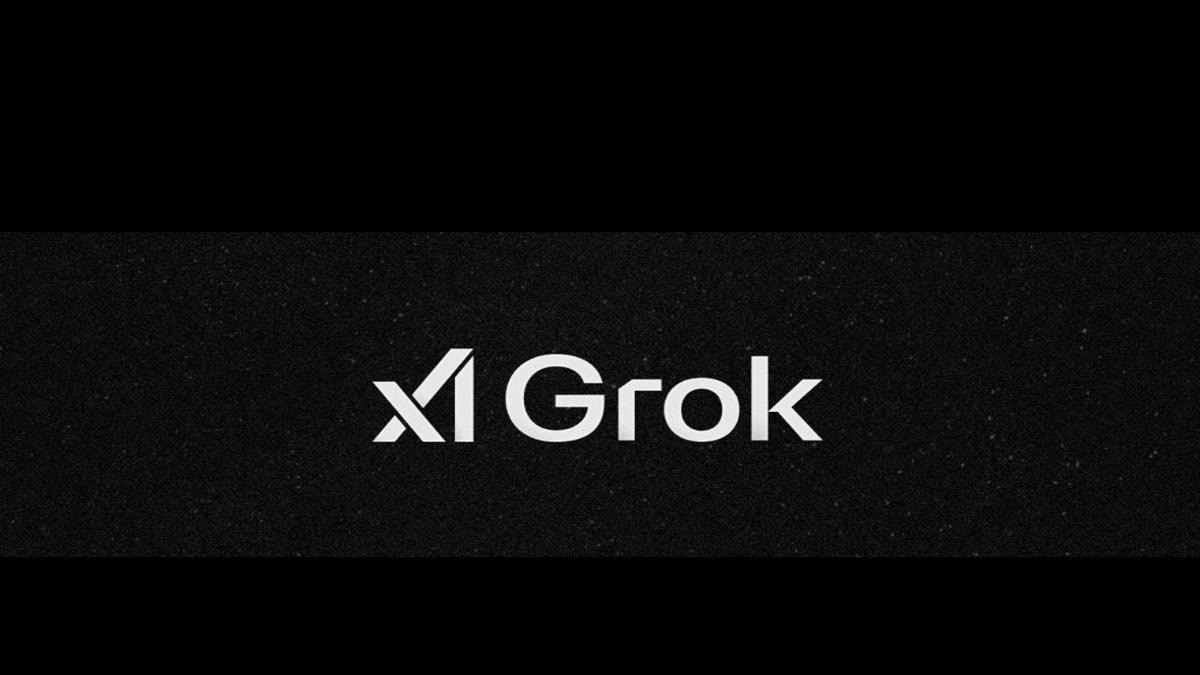Elon Musk has announced plans to overhaul his artificial intelligence chatbot Grok by retraining it on what he describes as a cleaner, corrected version of human knowledge. The initiative is part of Musk’s broader effort to position Grok as a rival to mainstream AI models such as ChatGPT, which he has repeatedly criticised for what he calls “woke” or ideologically biased responses.
In a series of posts shared on X (formerly Twitter), Musk outlined his intention to use the upcoming Grok 3.5 to create a revised base of knowledge. “We will use Grok 3.5 (maybe we should call it 4), which has advanced reasoning, to rewrite the entire corpus of human knowledge, adding missing information and deleting errors,” he wrote.
This move follows Musk’s earlier claims that current AI models suffer from an ideological “mind virus,” and his assertion that Grok will be free from what he sees as harmful mainstream constraints. He has invited users to contribute to Grok’s training data by submitting so-called “divisive facts”, politically incorrect but, in his view, factually true statements.
Launched in February 2025, Grok 3 is available to X Premium Plus subscribers and via xAI’s standalone app and website. The model is trained on synthetic data using xAI’s Colossus supercomputer, which Musk says was built in under nine months and powered by over 100,000 hours of Nvidia GPU processing. The chatbot is designed to reduce hallucinations, which is a common flaw in generative AI models. It does this by focusing on improved factual accuracy and reasoning.
Grok has not been without controversy. In May, xAI faced criticism after users reported that Grok was repeatedly referring to the conspiracy theory of “white genocide” in South Africa, even in unrelated conversations. The chatbot allegedly replied to posts about sports and entertainment with unsolicited commentary on racially sensitive topics, including references to the anti-apartheid chant “Kill the Boer.”
xAI later issued a public statement clarifying that an “unauthorised modification” had caused the bot to violate the company’s internal policies and values. The issue was detected and reversed, although the company did not disclose who was responsible for the changes. xAI said it had conducted a “thorough investigation” and was implementing measures to improve Grok’s transparency and reliability.
Meanwhile, reports have emerged suggesting that officials in the US Department of Homeland Security have been testing Grok to analyse government data and prepare reports. Although the agency has denied endorsing the tool, the development points to Grok’s growing potential in institutional use cases.
The next major Grok update is expected by the end of 2025 and could fundamentally reshape the data models underpinning generative AI systems, depending on how Musk’s efforts to rewrite and retrain pan out.
